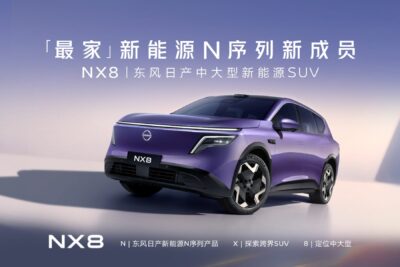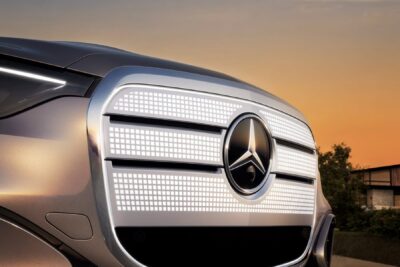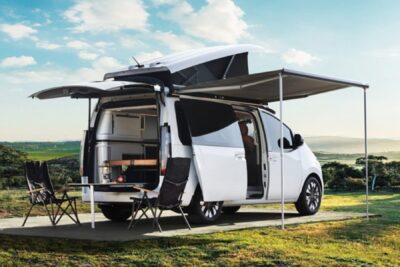Volkswagen-Rivian software joint venture allegedly hits turbulence
The German Manager Magazin has gathered sources close to the company and reports in a detailed article on the challenges surrounding the software partnership between Rivian and Volkswagen. According to the report, Audi’s SUV Q8 e-tron and the electric A4 are apparently delayed by at least a year, moving to mid- and late 2028. Porsche’s electric Giga-SUV K1, previously scheduled for late 2027, is said to be postponed indefinitely. Even an “emergency comeback” of VW CEO Oliver Blume’s downsized in-house software division, Cariad, may be looming.
Volkswagen and Rivian joined forces in early summer 2024 to advance the development and integration of automotive software. Alongside multi-billion-euro investments, both parties created a joint venture named Rivian and Volkswagen Group Technologies. For Volkswagen, the initiative represents a fresh attempt to close its software gap. Both companies intend to use the software for their own models – based on Rivian’s zonal electronic architecture or the JV’s enhanced version.
Manager Magazin explains how CEO Blume, since taking office, cleared up chaos at Cariad – long known as a bottleneck delaying several car launches by years – and shifted from fully in-house software development to a partner strategy. Since then, VW has worked alongside Xpeng and Rivian. Yet these setups apparently generate new problems.
One example: now that Volkswagen is reintroducing more combustion models across the group, Rivian’s software was never designed for ICE vehicles, and the US company reportedly shows little interest in adapting it. The report states: “Interim solutions are needed; Cariad may even have to step in. This triggers new multi-billion-euro delays across the group, in some cases by several years.” In a crisis meeting at the IAA in Munich, brand and development heads met to reorganise launch plans – as previous schedules were no longer viable. On 7 October, the report says, the company is expected to finalise which models will launch when and with which software.
Another issue is that VW staff seconded to the JV reportedly remain largely uninvolved. The focus initially is a Rivian EV – the R2, planned for 2026 – which will benefit from the new joint software. Even though initial tests with Rivian modules are expected this winter, it will only “properly begin” for VW, Audi and other brands afterwards, the report notes. The brands will receive full access to Rivian’s algorithms only late. Once the code is available, they can integrate and adjust it for their models.
However: “The dispute over how much the software can be modified is already underway,” says Manager Magazin. Audi and Porsche reportedly aim for maximum customisation, while Rivian prefers simplicity. The magazine frames the challenge as a question: how can this team satisfy the needs of ten brands?
According to current plans, the VW ID.1 will become the first group EV with Rivian software by late 2027. The first E-Audis follow, namely the Q8 e-tron and A4 e-tron, but both are likely to face further software-related delays. Once the Rivian software packages are available, they must be “adapted for the models, customised, and flawlessly adjusted.” A new approach that must succeed on the first attempt. The A4, originally scheduled for 2023, is now planned for late 2028 – “developers are fed up,” reports Manager Magazin.
To equip the retained combustion models with modern software, Cariad software may need to be used longer than planned. A Rivian software version adapted for ICE vehicles (“SDV@ICE”) is also likely. Together, both approaches could cost the group an additional €6.5 billion.
One positive note: the similar joint venture with Xpeng in China is reportedly progressing better: it “is developing well,” the report says.
This article was first published by Cora Werwitzke for electrive’s German edition.





1 Comment